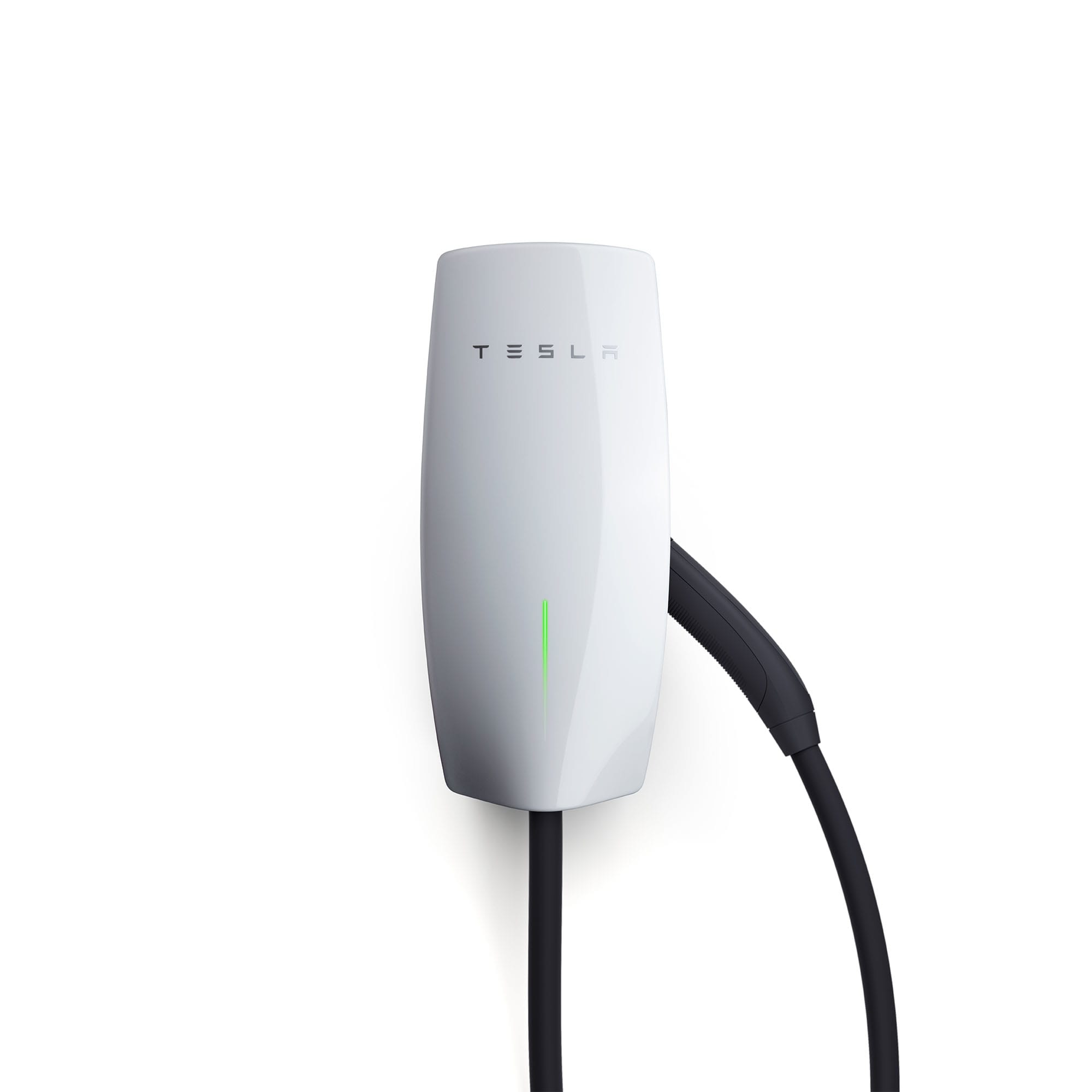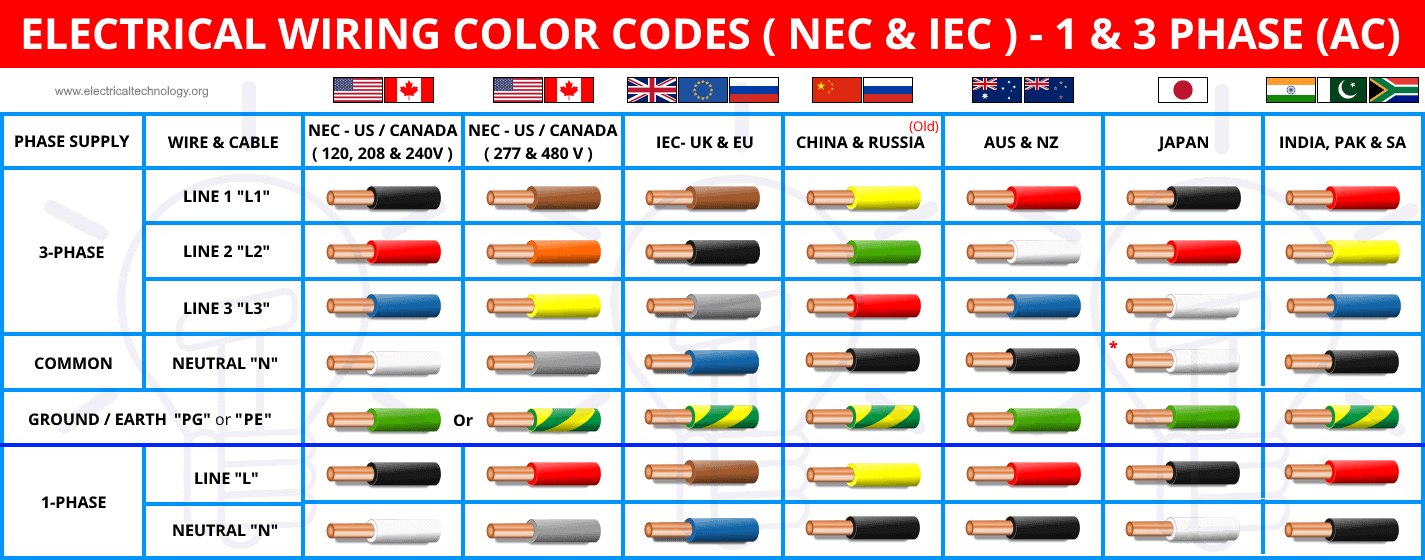FYI for any of those in need of one or on the fence.

 shop.tesla.com
shop.tesla.com

Wall Connector
Wall Connector is the most convenient charging solution for houses, apartments, hospitality properties and workplaces. With up to 44 miles of range added per hour of charging, a 24 foot cable length, multiple power settings, and a versatile indoor/outdoor design, Wall Connector provides...



